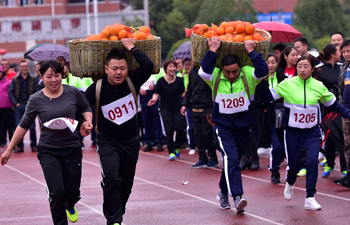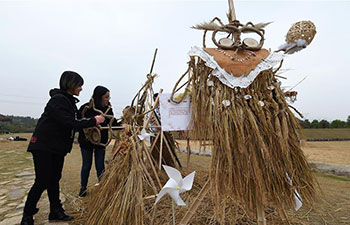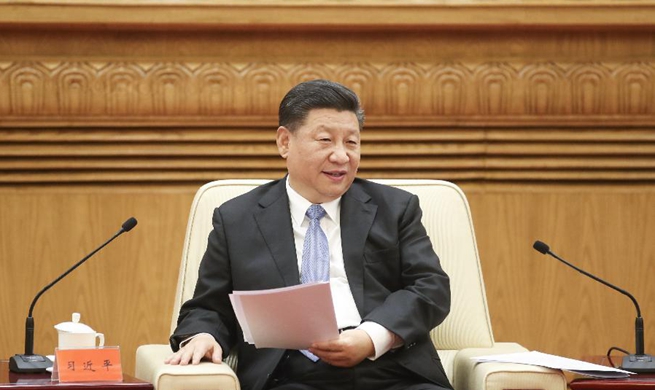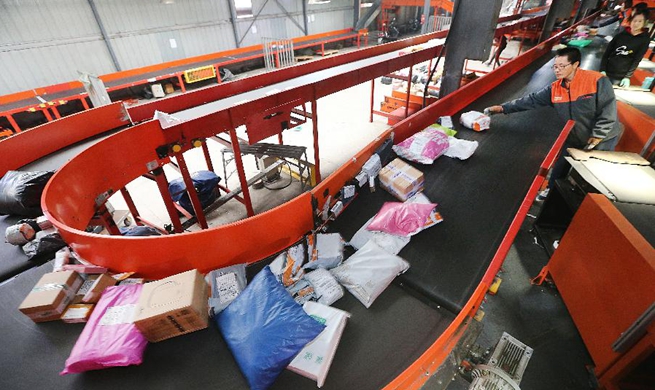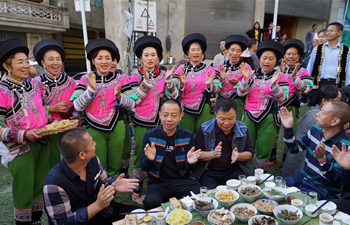CHICAGO, Nov. 12 (Xinhua) -- Fostering gratitude can be a promising strategy for decreasing materialism in adolescents, a study in consumption values has showed.
A multimethod inquiry involving more than 900 adolescents suggest that keeping a gratitude journal translated into donating 60 percent more money to charity compared with those in a control group.
A researcher team conducted two studies to test the adolescents' hypotheses about the interaction of materialism and gratitude.
In the first study, a nationally representative survey showed that, across a wide swath of demographic groups, children and adolescents with a grateful disposition tended to be less materialistic, suggesting that gratitude was a reliable predictor and also a potential disruptor of materialism.
In the second study, evidence showed that keeping a gratitude journal significantly reduced materialism among adolescents and also attenuated materialism's negative effect on generosity when participants were asked to donate real money earned from taking part in the study to charity.
Reflecting on what one is grateful for not only tends to lower materialism, but also increases one's generosity, said Aric Rindfleisch, a professor of business administration as well as a professor of marketing at the University of Illinois.
"Materialistic people tend not to be generous, so the gratitude exercise functions to weaken the link between materialism and generosity," he said. "So it's a twofold effect, and the evidence here suggests that it's very effective in disrupting that connection."
In the domain of positive psychology, gratitude has been shown to have many beneficial effects, Rindfleisch said.
"Fundamentally, if you look at why people become materialistic, a lot of evidence suggests it's a response to some form of insecurity, personal, social, economic and even existential insecurity," Rindfleisch said. "If you're insecure, one thing you can do is make people more secure. That's what gratitude does. If you're grateful for something and reflect on that, if you feel that 'I'm not alone, and here are some good things people have done for me,' it increases your self-esteem and reduces some of this insecurity."
"Ultimately, materialism is the act of finding security in physical, tangible things. You have less of a need for it if you feel grateful."
Research suggests that materialistic values are formed at an early age, and by the time a child is seven or eight years old, those values are formed, and they're very hard to change once they're established.
"The technique itself, keeping a gratitude journal, is low cost, easy to implement and doesn' t take a lot of time, so it's perfect for parents," Rindfleisch said. An alternate strategy could be asking children to reflect on the things they're grateful for.
The paper has been published in the Journal of Positive Psychology.




